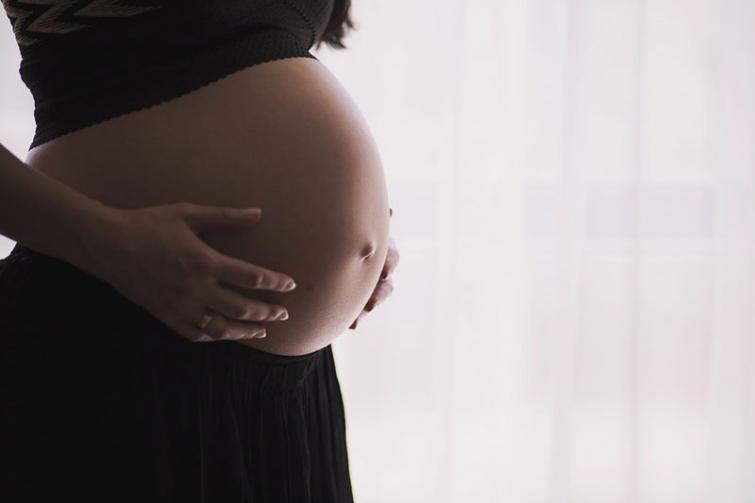
Risk of miscarriage linked strongly to mother's age and pregnancy history: Study
New York, Mar 23 (IBNS): The risk of miscarriage varies greatly with a woman's age, shows a strong pattern of recurrence, and is increased after some pregnancy complications, finds a study led by the Bristol Medical School and published in The BMJ today [Wednesday 20 March].
The findings suggest that miscarriage and other pregnancy complications might share underlying causes, which warrant further study, say the researchers.
Miscarriage is a common pregnancy outcome, but the risk is challenging to estimate because of inconsistent recording. Norway is one of the few countries where miscarriage data has been consistently collected since 2008.
So a team of researchers, led by Dr Maria Magnus at the Bristol Medical School: Population Health Sciences (PHS), set out to estimate the risk of miscarriage among Norwegian women and to evaluate the association with age and pregnancy history.
They used Norwegian health registers (medical birth register, patient register, and the induced abortion register) to identify all pregnancies in Norway between 2009 and 2013.
Risk of miscarriage was estimated according to the woman’s age and pregnancy history, taking into account induced abortions.
There were 421,201 pregnancies during the study period. After accounting for induced abortions, the overall miscarriage rate was 12.8 per cent. The risk of miscarriage was lowest among women aged 25-29 (ten per cent), and rose rapidly after age 30, reaching 53 per cent among women age 45 years and over.
There was also a strong recurrence risk of miscarriage. After one miscarriage, the risk of another was increased by half, after two, the risk doubled, and after three consecutive miscarriages, the risk was four times greater.
Previous pregnancy complications also predicted a higher risk of miscarriage. For example, if the previous birth ended in a preterm delivery, caesarean section, or if the woman had diabetes during pregnancy (gestational diabetes). However, pre-eclampsia (abnormally high blood pressure) in the previous pregnancy was not associated with increased risk of miscarriage.
Women who themselves were born small also had an increased risk of miscarriage.
This is an observational study, and as such, can't establish cause, and the researchers point to some limitations, such as the possibility that early miscarriages which did not result in contact with specialist health-care services were not captured.
Dr Magnus, Senior Research Associate in Epidemiology at the University of Bristol, said: "Our results provide more precise estimates that the risk of miscarriage can be related to a mother's age and can also be linked to some previous pregnancy complications.
"More focused studies of these associations might lead to new insights regarding the shared underlying causes of pregnancy complications and miscarriage."
Support Our Journalism
We cannot do without you.. your contribution supports unbiased journalism
IBNS is not driven by any ism- not wokeism, not racism, not skewed secularism, not hyper right-wing or left liberal ideals, nor by any hardline religious beliefs or hyper nationalism. We want to serve you good old objective news, as they are. We do not judge or preach. We let people decide for themselves. We only try to present factual and well-sourced news.







